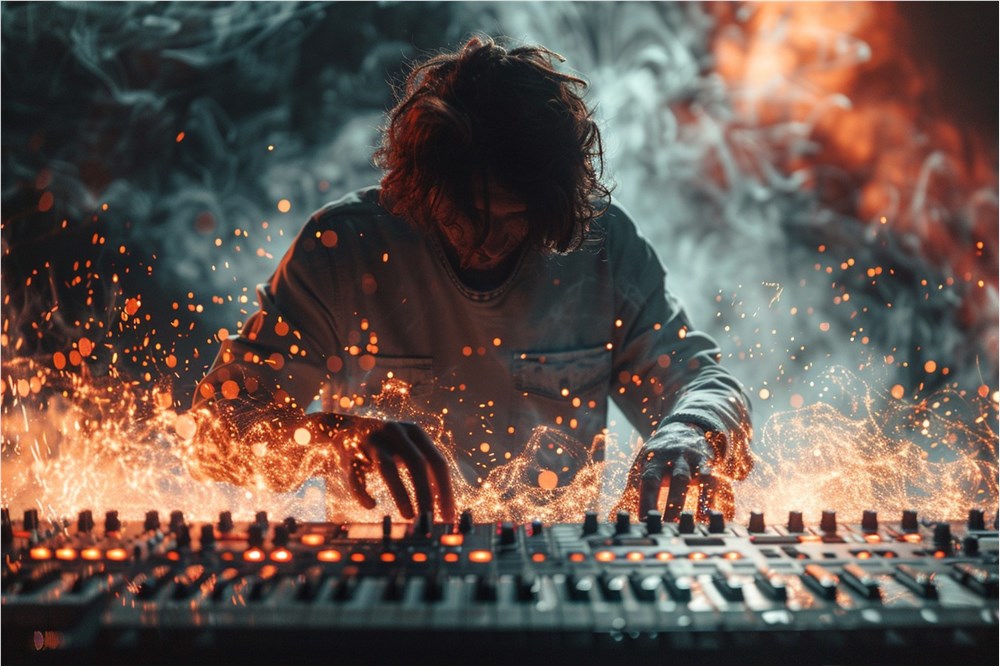The UK government plans to allow AI companies to train models using creators' online content unless creators explicitly refuse. This move has caused strong controversy, especially in the music industry. Former Beatles member Paul McCartney publicly objected, believing that this would lead to a lack of copyright protection and harm the interests of creators, especially emerging artists. He called on the government to reconsider, protect the rights and interests of creators and obtain the benefits that their works deserve.
The UK government is considering revising the law to allow AI companies to train their models using creators’ online content unless creators explicitly opt out of the system. This move has aroused strong opposition from the music industry, among which former Beatles member Paul McCartney publicly expressed concerns, warning that this would lead to a "Wild West" situation where creative works would lose what they should do Copyright protection.
In an interview with the BBC, McCartney urged the government to reconsider the practice and highlighted the potential threat this poses to emerging artists: "Young boys, girls emerged, they wrote a beautiful song, but they But don’t own it.” He believes that creators should get the benefits of the work, not let others profit from it.

Despite working with AI in the last Beatles song Now and Then, McCartney made it clear: “I think AI is great, it can do a lot of great things. But it shouldn’t It makes no sense to deprive creative people of that.”
While the UK government promises to provide creators with “real control” and transparency, critics argue that the proposed “option out” system puts an unfair burden on artists who need to track and oppose each AI separately companies, and this is often more beneficial to data collectors.
Tom Keel of the British Music Association also said, “There is no evidence that creatives can effectively 'opt not' trained in AI systems, so this obvious concession does not reassure those working in music.”
Currently, YouTube's approach may provide a reference path for this controversy, where they allow creators to choose which AI companies can use their content and potentially enable systematic payments for training data. However, to achieve this, cross-platform and cross-country coordination is required.
In fact, the court has also begun to intervene. Major record labels in the United States are taking legal action against artificial intelligence music generators, and Germany's Gema has also sued Suno.ai and ChatGPT for lyrics issues.
The core of this controversy lies in how to balance the development of artificial intelligence and the protection of creators' rights and interests. Although AI technology has great potential, how to avoid infringing on the legitimate rights and interests of creators while ensuring its healthy development still requires joint efforts by all parties to explore solutions. At present, the laws, regulations and industry norms of various countries are in the exploration stage and will face more challenges in the future.